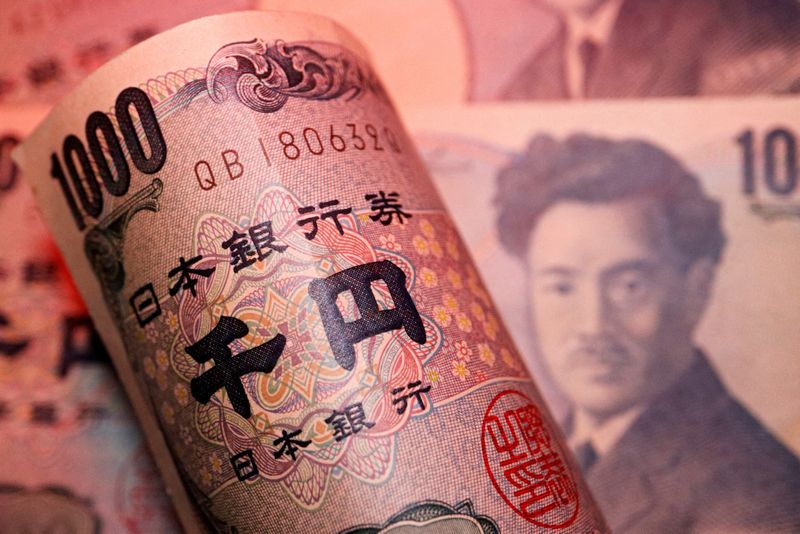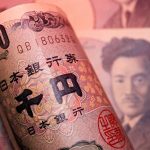TOKYO (Reuters) – Japanese Prime Minister Fumio Kishida’s advisory panel tasked with growth strategies called on Friday for the government and the Bank of Japan (BOJ) to be vigilant to the impact of the yen’s depreciation.
The call reflects the government’s growing concerns about a weak yen, a headache for Kishida’s administration as the currency’s decline pushes up households’ cost of living by inflating the price of imported food and fuel.
“The yen has weakened by about 10% to the dollar since the beginning of this year, and the impact of this depreciation may be reflected in inflation over the next six months to a year,” the panel said in its draft action plan on Kishida’s “new capitalism” programme of driving growth.
The government and the Bank of Japan should work closely to achieve the 2% inflation target in a sustainable and stable manner through flexible policy management, the draft said.
“The impact of the yen’s depreciation on prices should be closely monitored as such impact will eventually be reflected,” it said.
The reference to the weak yen’s impact also figured in a draft of this year’s long-term economic policy roadmap, keeping the BOJ under pressure to raise interest rates or slow its huge bond buying, moves some analysts believe could slow the currency’s declines.
BOJ Governor Kazuo Ueda has ruled out using monetary policy to directly influence exchange-rate moves, but signalled the chance of raising rates if the weak yen pushes up inflation more than expected.
Kishida’s cabinet is expected to approve both the action plan and economic policy roadmap later this month.

The draft also called for more government support to help global expansion of Japan’s entertainment content businesses, such as animation, manga, films and gaming.
“Overseas sales of Japanese (entertainment) content are larger than Japan’s steel exports in terms of value,” it said, adding that the entertainment content represents “assets that Japan should be proud of”.
To read the full article, Click Here

